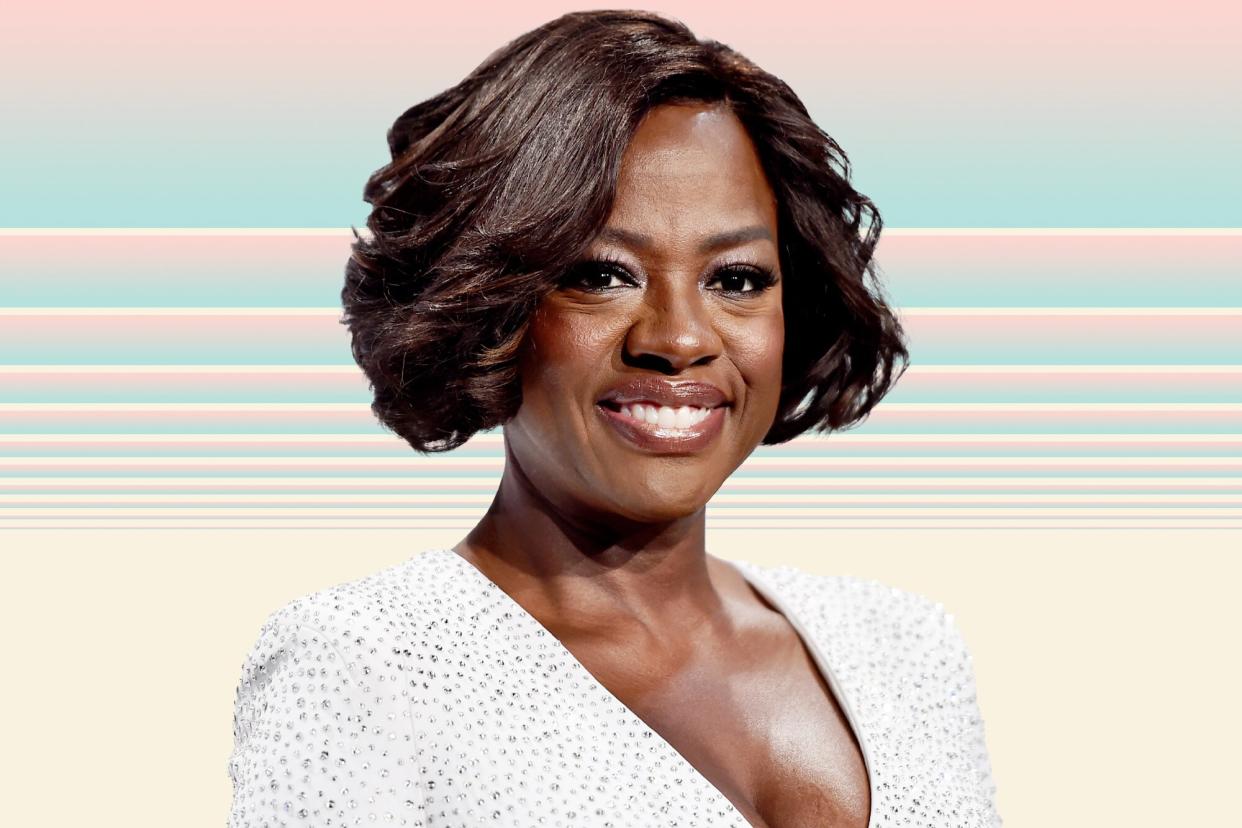How Viola Davis' Prediabetes Diagnosis Inspired Her to Help Others

Getty Images / Alberto E. Rodriguez
You might know Viola Davis from one of her iconic films, or her impressive producing repertoire. One thing you might not know about the A list celeb is that she was diagnosed with prediabetes. In fact, roughly one third of American adults have prediabetes and might not even know it.
Prediabetes reflects an elevated blood sugar level that is still below the level of type 2 diabetes, but it can increase your diabetes risk by 50%. Instead of backing down, Davis decided to become an advocate for those with prediabetes and narrated the diabetes-focused documentary A Touch of Sugar. We caught up with Davis about her relationship to diabetes, her diagnosis and what she's learned through her advocacy.
What is your family's or your relationship to diabetes?
I'm one of many people who have a family history of diabetes. My two sisters have type 2 diabetes. My great-aunt had diabetes, and my paternal grandmother died from diabetes. I myself was diagnosed with prediabetes a year and a half ago. So it is very much in my genes. I know that my story is similar to a lot of people's stories. And it's one of the motivating factors behind me [speaking up].
When I was young, the story was you just got [diabetes]—you got "the suga'. " And then once you got it, you just lived with it until you weren't living anymore. There wasn't any information [about managing diabetes], nobody practiced self-care. I was born in St. Matthew, South Carolina, so our staple foods were cornbread, the rice, the fried foods—fried chicken with all the flour on it. Eating cornstarch—that was a big thing in the South, you ate cornstarch right out of the box. And that's just what we did. Now, with this generation, the narrative is different—but mixed with a little of the sameness. Because for me, I always say, "I got busy." I got busy and stopped really paying attention [to my health].
Talk about the impact your diagnosis had on you.
When I was diagnosed with prediabetes, I woke up. It made me feel less invincible, which I actually think is a good thing. I already understood that I was predisposed, but I always thought I was going to be the family member that was different. I don't eat a lot of sugar. If I eat sugar, I eat fruit. But I didn't know that it's way more complicated than that. So when I went in and my doctor did the A1C test, that's when [I found out my blood sugar] was elevated. That reading was a slap in the face. I felt that I was already a tiny bit vigilant, but I became hyper vigilant, which is harder to do at 63.
Let's talk about the documentary you narrated, A Touch of Sugar. What was the experience like for you?
There are so many personal testimonies in this documentary. I think that by the time the film ends, the best part is that [everyone interviewed has] hope. Hope that there are advocates out there helping them to manage and live with the disease. I wish so many of my family members understood that. That wasn't even a part of the conversation back in the day. Nobody ever talked about food, nobody ever talked about weight, no one ever talked about exercise. Nobody ever talked about going to the doctor. They just talked about the suga'. But now there's information out there. It's not just this aloneness and silence that comes with the disease, someone just diagnosing you and giving you a pamphlet. Now there's hope and resiliency.
What do you hope people learn from your story?
Once you speak up and share your story, and you let people know that they're not alone, then [they] realize that there's a life preserver out there for them. So, they know what to do if they are diagnosed with type 2 diabetes or prediabetes. But they only know that if you open your mouth and offer support. When we're actually bold enough to have a call to action and brave enough to share, that's when change has come.